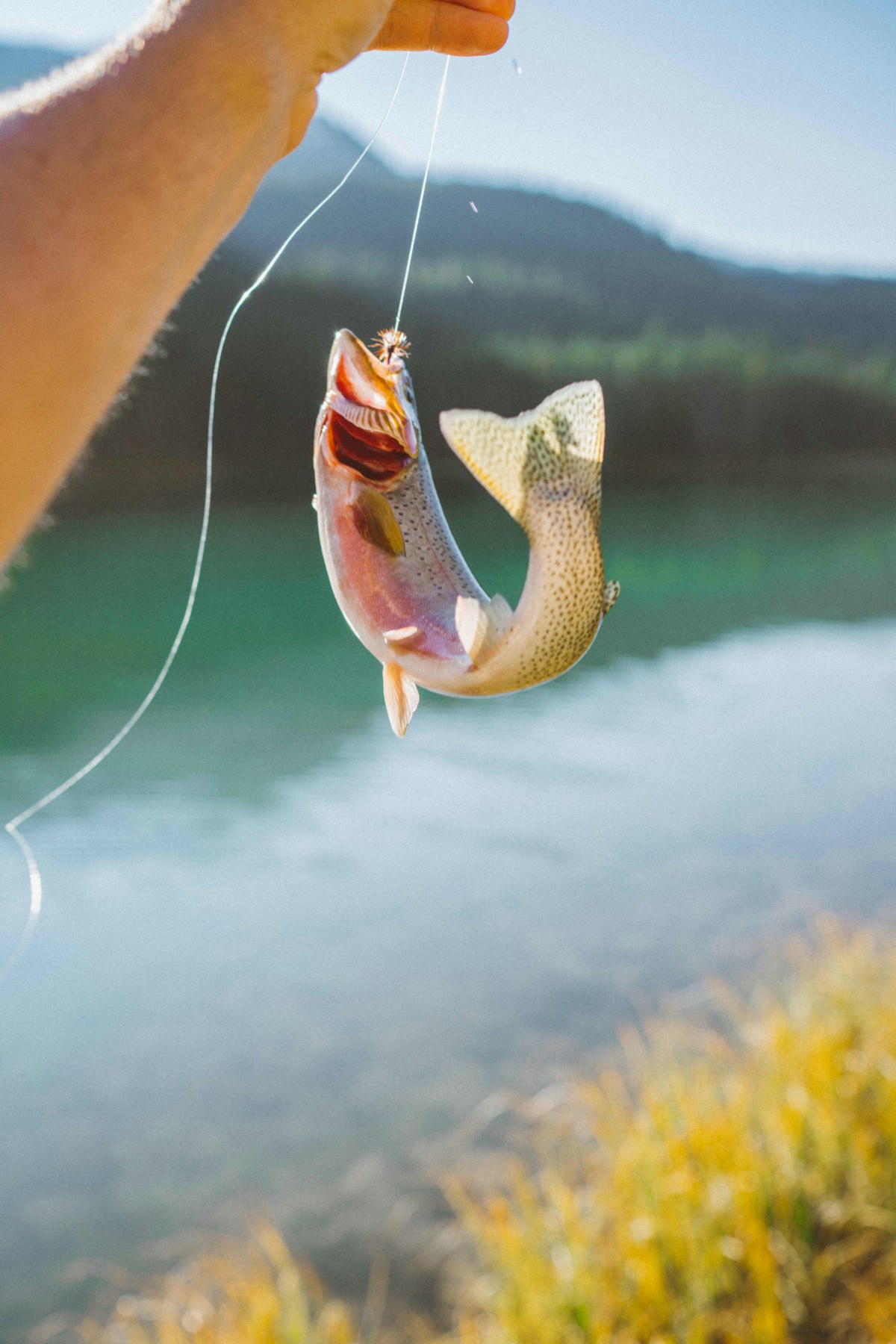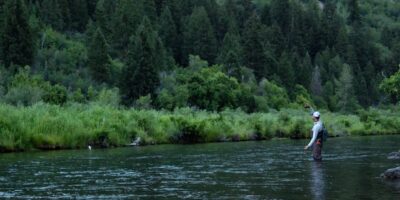The practice of fishing, whether for survival, sport, or commerce, is an ancient human activity with roots that stretch deep into the prehistoric past. The history of fishing is a fascinating journey that mirrors the development of civilization itself, providing insights into how our ancestors interacted with their environments and how those interactions shaped their societies.

Archaeological evidence suggests that fishing may have begun as early as the Upper Paleolithic period, around 40,000 years ago. Early humans likely started by collecting shellfish from shallow waters before developing techniques to catch fish from freshwater rivers and lakes. The oldest known fish hooks, made from the shells of snails and dating back some 23,000 years, were discovered in Sakitari Cave on Okinawa Island, Japan. These findings indicate that prehistoric people had already developed relatively sophisticated tools and methods for fishing.

As human societies evolved, so did fishing techniques. The invention of the fishing net, believed to have occurred around 10,000 years ago, marked a significant advancement. Nets allowed for the capture of multiple fish at once, increasing efficiency and enabling communities to feed larger populations. This development was crucial for the establishment of permanent settlements and the growth of civilizations around water-rich environments.

The ancient Egyptians were among the first to turn fishing into an industry by the Nile River around 3500 BCE. They used various techniques, including hooks, spears, and nets, to capture abundant fish species like tilapia and catfish, which were significant sources of protein in their diet. Hieroglyphics and paintings from this era depict the importance of fishing in Egyptian culture, both as a food source and as a recreational activity for the elite.

Similarly, in ancient Mesopotamia, around the Tigris and Euphrates rivers, fishing was a vital activity. The Code of Hammurabi, one of the oldest deciphered writings of significant length, composed around 1754 BCE, includes laws regarding fishing rights and practices, underscoring the activity’s importance to the region’s economy and legal system.

In ancient Greece and Rome, fishing was both a practical activity for acquiring food and a subject of mythology and philosophy. Greek philosophers like Plato and Aristotle wrote about various aspects of fish and fishing, indicating its significance within scientific and intellectual circles. The Romans, meanwhile, developed large-scale fish farming techniques, constructing artificial lakes and ponds to raise fish, further demonstrating the innovative approaches to fishing in ancient times.

Moving forward in history, the Middle Ages saw the expansion of fishing as an economic force in Europe, particularly in the North Atlantic regions where cod fisheries became critical to the economies of seafaring nations like England and the Netherlands. The advent of larger, ocean-going ships in the Age of Exploration expanded fishing to a global scale, with European explorers and traders reaching the rich fishing grounds of the New World and beyond.

Today, fishing is a global industry with high-tech commercial enterprises harvesting the seas alongside artisanal fishermen in small traditional boats. However, this growth has not been without its challenges. Overfishing, pollution, and climate change are all impacting fish populations and aquatic ecosystems, posing significant challenges for the future of fishing.

Despite these challenges, fishing remains an essential cultural, economic, and recreational activity for millions of people worldwide. It is a tradition that connects modern humans with their ancient ancestors, reflecting a continuous thread of innovation and adaptation to the world’s waterways and oceans.

Understanding the deep history of fishing enhances our appreciation of this age-old practice and highlights the need for sustainable practices to ensure that future generations can also enjoy the benefits of one of humanity’s oldest occupations. As we look back at the thousands of years of fishing history, it becomes clear that the survival and prosperity of many societies have been, and continue to be, intimately tied to this enduring pursuit.





Leave a Reply